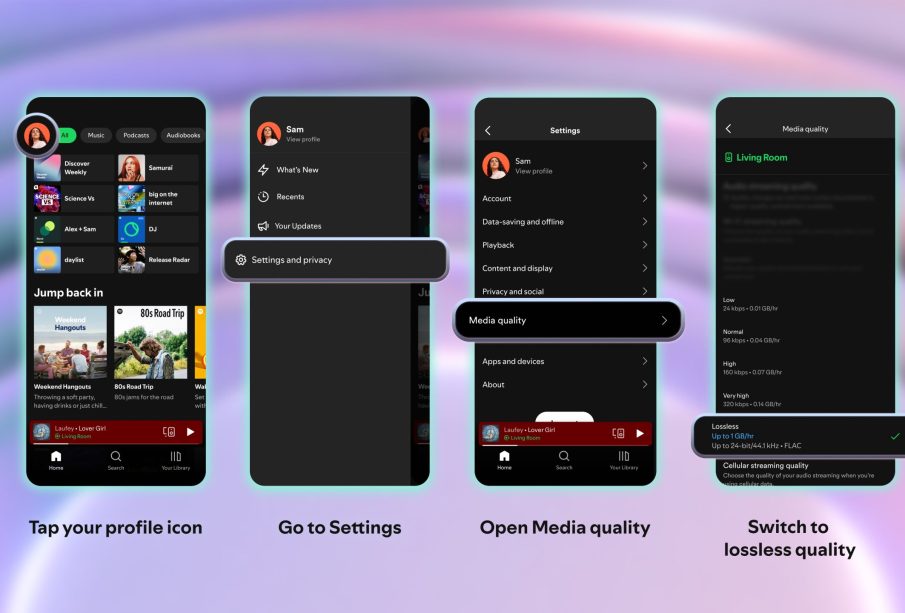Spotify’s Long-Awaited Lossless Audio Finally Arrives: Premium Users Get CD-Quality Sound at No Extra Cost

A Major Milestone for Music Streaming
Four years after Spotify originally planned to introduce higher-quality audio, the streaming giant is finally rolling out HD lossless audio to Premium subscribers in select markets. This highly anticipated feature has been one of the most requested by users.
Premium Feature at No Additional Cost
Unlike some competitors who segment high-quality audio into specific tiers, Spotify is integrating lossless within the existing Premium plan. The company has confirmed there will be no new HiFi or Music Pro subscription and no changes to current subscription fees.
Technical Specifications and Availability
With Lossless, users can now stream tracks in up to 24-bit/44.1 kHz FLAC, unlocking greater detail across nearly every song available on Spotify. Lossless gives listeners every detail of the music, which means the audio files can be larger.
The feature is rolling out gradually to more than 50 markets through October. Premium subscribers in the U.S., Australia, Austria, Czechia, Denmark, Germany, Japan, New Zealand, the Netherlands, Portugal, Sweden, and the U.K. have already started to get access.
How to Access and Use
To experience lossless audio, users will need to use Spotify Connect or wired headphones (analog or USB). For the best listening experience, Spotify recommends streaming lossless music on Wi-Fi using wired headphones or speakers on a non-Bluetooth connection. Currently, Bluetooth doesn’t provide enough bandwidth to transmit lossless audio, so the signal has to be compressed before being sent.
Device Support and Future Updates
At launch, devices from Sony, Bose, Samsung, and Sennheiser will support lossless playback, while Sonos and Amazon hardware are expected to be compatible starting next month. While competing services like Apple Music, Tidal, and Qobuz already offer Hi-Res FLAC up to 24-bit/192 kHz, the difference is often negligible to most listeners without high-end audio setups.
This move positions Spotify ahead of YouTube Music, which remains the only major streaming service without lossless support. Google has not indicated any plans to change that.









